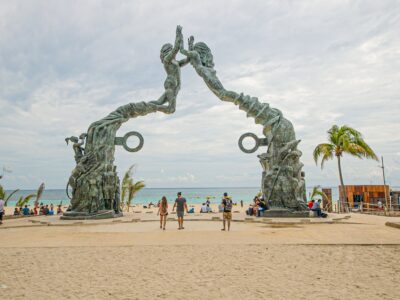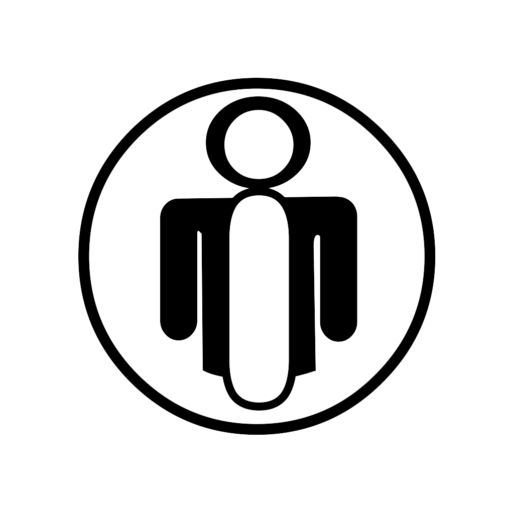Dealing with the aftermath of a car accident can be complicated, especially when it involves rental vehicles. If you find yourself in this situation, understanding car rental insurance is crucial for protecting yourself from unexpected costs.
Understanding Rental Car Insurance
When you rent a car, rental agencies often offer various types of insurance coverage. Understanding these options is essential to making an informed decision:
Collision Damage Waiver (CDW): This is not technically insurance, but rather a waiver that relieves you from financial responsibility if the rental car is damaged. If you accept the CDW, the rental company typically waives your liability for repairs, although it may come with exclusions.
Liability Insurance: This covers damages to other vehicles and property if you are at fault in an accident. Most rental companies provide a basic level of liability coverage, but it may not be sufficient, especially in serious accidents.
Personal Accident Insurance: This covers medical expenses for you and your passengers in the event of an accident. Review your existing health insurance or personal auto insurance, as they may already cover these costs.
Personal Effects Coverage: This insures your personal belongings in the rental car against theft or damage. Check your homeowners or renters insurance, as they may cover personal items regardless of the vehicle.
What to Do After an Accident in a Rental Car
If you’re involved in a car accident while driving a rental car, here are the steps you should take:
Ensure Safety: First and foremost, ensure everyone involved is safe. Check for injuries and call emergency services if needed.
Document the Scene: Take photos of the accident scene, vehicle damage, and other relevant details. This documentation will be crucial for insurance claims.
Notify the Rental Company: Contact the rental agency as soon as possible to report the accident. They will provide guidance on next steps and may require a process for handling the claim.
File an Insurance Claim: Depending on your personal auto insurance policy, you may be able to file a claim through your provider. If you purchased insurance through the rental agency, they will handle it according to their policies.
Understanding Your Responsibilities
After an accident, you may be responsible for costs, including the deductible if you filed a claim. If you opted out of the CDW and the rental car is damaged, you could be liable for the repair costs. Additionally, if the car is deemed a total loss, you may owe the rental company the full value of the vehicle. A rental car accident attorney can investigate your case to determine your liability for the cost of the accident.
Navigating car rental insurance after an accident can be complex, but understanding your coverage options and responsibilities can help ease the burden. By being informed and prepared, you can manage the situation more effectively, ensuring that you protect yourself and minimize financial stress in the aftermath of an accident.
The post Navigating Car Rental Insurance After an Accident first appeared on The Yucatan Times.














